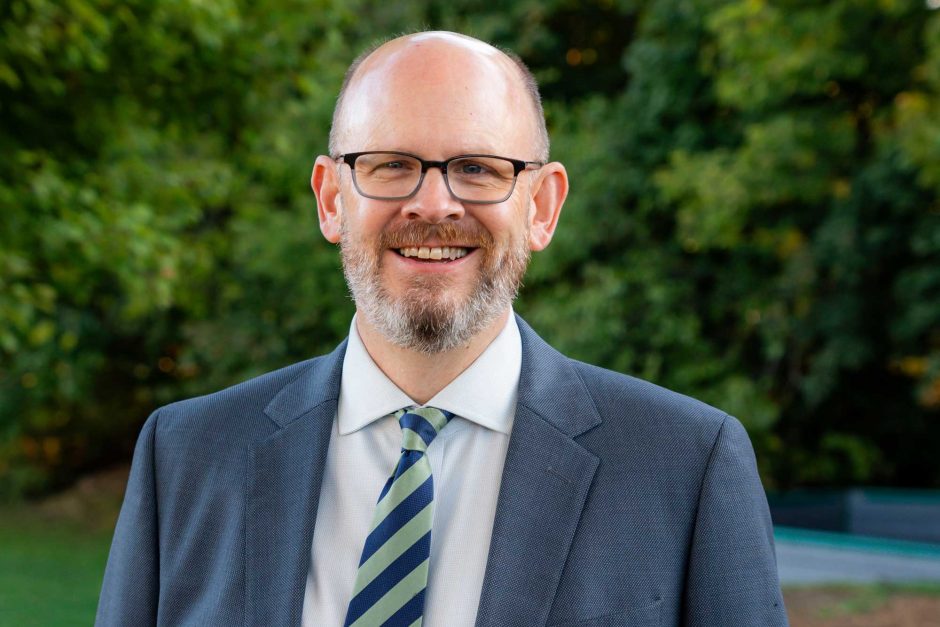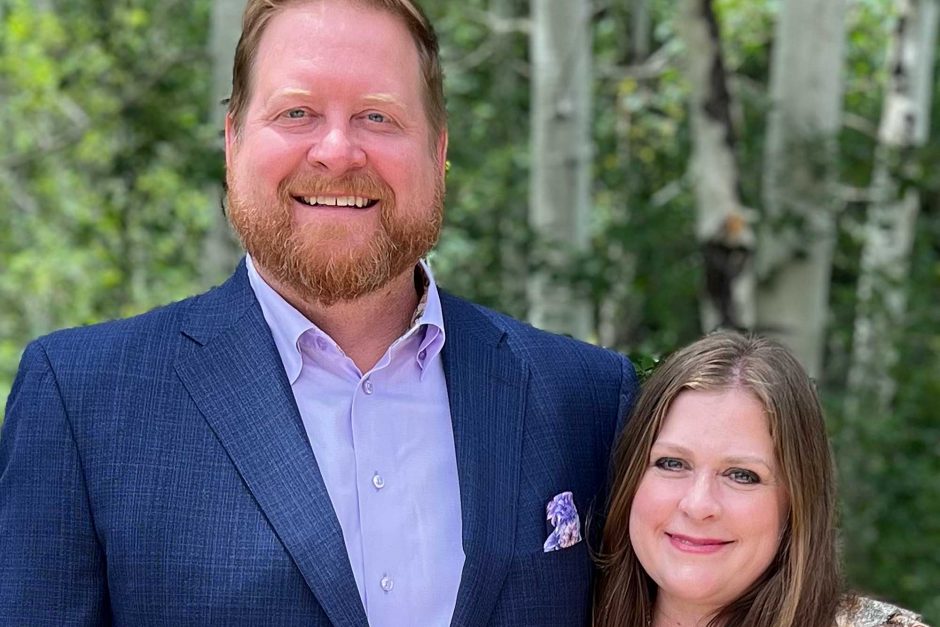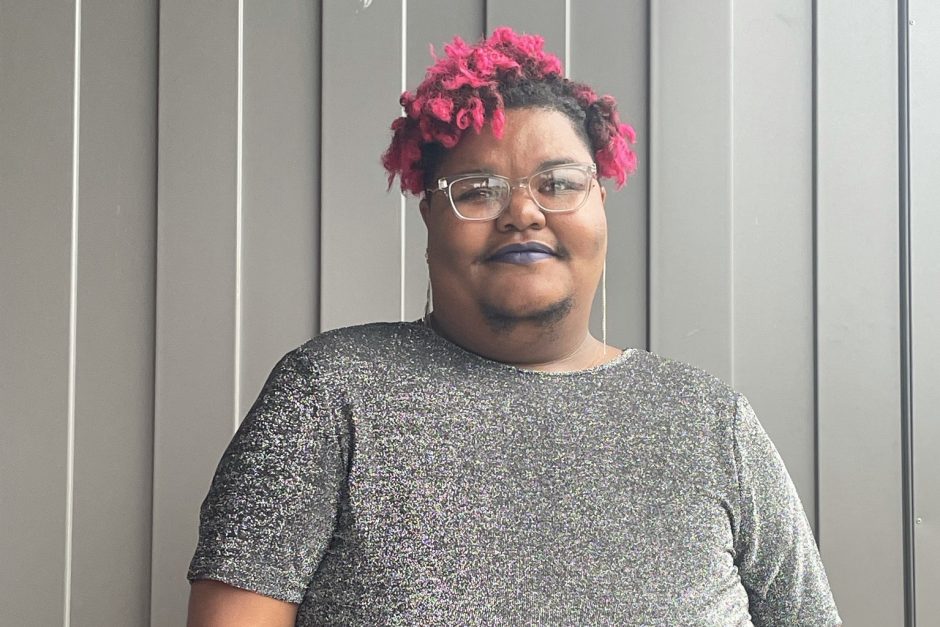Meet the new dean: Ilene Crawford ’92
Ilene Crawford ’92 will become Cornell’s vice president for academic affairs and dean of the college on July 1. She will be the first chief academic officer to study under our distinctive One Course At A Time curriculum.
She said her heart skipped a beat when she saw the job announcement because she knew she was ready to help lead the college where she experienced her intellectual awakening.
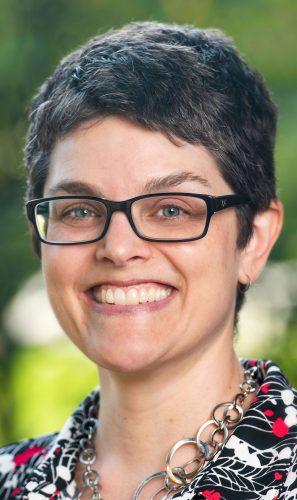 Crawford is associate vice president for academic affairs at Southern Connecticut State University in New Haven, Conn. Prior to that appointment in 2015, she taught English, women’s studies, and interdisciplinary studies at the university for 15 years.
Crawford is associate vice president for academic affairs at Southern Connecticut State University in New Haven, Conn. Prior to that appointment in 2015, she taught English, women’s studies, and interdisciplinary studies at the university for 15 years.
Crawford has published and presented widely in the U.S. and Asia on higher education reform, writing pedagogy, women’s literacy practices, and travel narratives. She holds a doctorate in English from the University of Wisconsin-Milwaukee, a master’s degree in English from the State University of New York-Binghamton, and a bachelor of special studies degree in classics from Cornell College.
Her parents are Nancy Charleston Crawford ’69 and Marlin “Jack” Crawford ’69, and her husband is Robert McGuire ’92, a marketing consultant whose clients are learning technology startups, higher education, and nonprofits.
Knowing that the Cornell community is eager to know more about Crawford, Cornell Report editor Dee Ann Rexroat ’82 interviewed her by phone after her hire.
Read the full-length interview
How has Cornell and One Course prepared you for this moment in your career?
I wouldn’t be who I am today without the investments that Cornell faculty made in me. I really started taking myself seriously as an academic because my professors took me seriously first. They saw something in me that I didn’t see in myself yet.
One Course At A Time taught me I could learn anything I needed to learn quickly and effectively to get me where I needed to go next. That’s an amazing benefit of having the One Course At A Time experience. I think most alumni would agree with me on that. And One Course At A Time taught me personally to love always moving onto the next thing. I think it enhanced the kind of serial curiosity that I’ve always had as a learner.
How can we build on the strengths of One Course At A Time?
I think we can build on its strengths, and the messaging is key. One Course At A Time’s greatest strengths are how it teaches and demonstrates the value of immersion and focus. And at this moment in time (2020), I see One Course At A Time as very effective and very necessary counter programming against a culture of distraction and interruption.
How can we elevate our reputation?
Visibility on a national level is going to be key to attracting a changing, and in some ways shrinking, student audience. For one, we really need to make the most of where Cornell’s strengths align with national conversations. For example, U.S. News and World Report recently ranked Cornell #1 in social mobility, and that is a great opportunity for Cornell. Their interest signals a broader interest nationally in how well colleges succeed in moving students up the socioeconomic ladder. We need to seize this moment of national interest and make full use of our achievements. Every member of the campus community can play a role in elevating our reputation and profile.
How will Cornell thrive as a liberal arts college in this era?
The Cornell experience is highly personalized, it’s an applied liberal arts experience, it’s delivered in our immersive One Course At A Time format, and it will now be anchored by the Ingenuity core curriculum. Demonstrating and communicating the value of this distinctive Cornell experience will help us attract the resources and the diverse faculty and staff we need to deliver a truly transformative, liberal education.
We need to extend this distinctive Cornell experience to targeted new audiences that build on what our core values, strengths, and investments are. And we need to continue examining the academic programs we offer and make good decisions about how and when to grow our offerings.
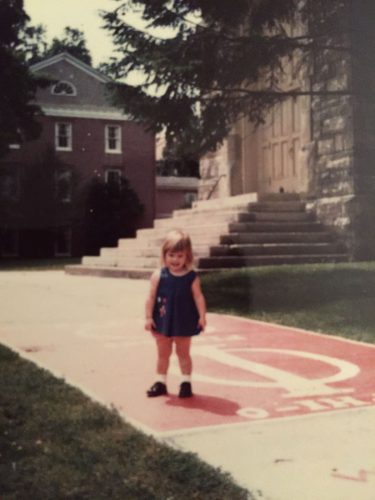
What do you see as your greatest challenge?
I think the greatest challenge is going to be building and sustaining a residential undergraduate enrollment of at least 1,200 students that represents the regional and socioeconomic diversity we need to achieve our liberal education goals—and doing that in the context of the demographic challenges that we know lie ahead. I want to approach that challenge as an opportunity to create sustainability. That will mean having the resources to enroll, retain, and graduate a larger and more diverse student body. To do that, we’re going to need to demonstrate that while our model of education appears expensive, it is affordable for students from all regions and socioeconomic strata—and the result versus other models really merits that upfront investment.
Looking ahead, what would you most like to accomplish as Cornell’s dean?
Cornell changed my life, my parents’ lives, and my husband’s life. All three of them were first-generation college students, and all three of them are evidence of Cornell’s great history of conferring social mobility. That’s a legacy I feel bound to protect and extend to a more diverse body of students and their families for another generation.
What would you have said if someone told you in 1992 that you would be back someday as dean of the college?
Photographic evidence will show that I was about as far from dean of the college material as I could be in 1992. I was that student wearing Birkenstocks with wool socks all the way through the winter. If my future self had appeared before me at that moment, I wouldn’t have recognized myself!

